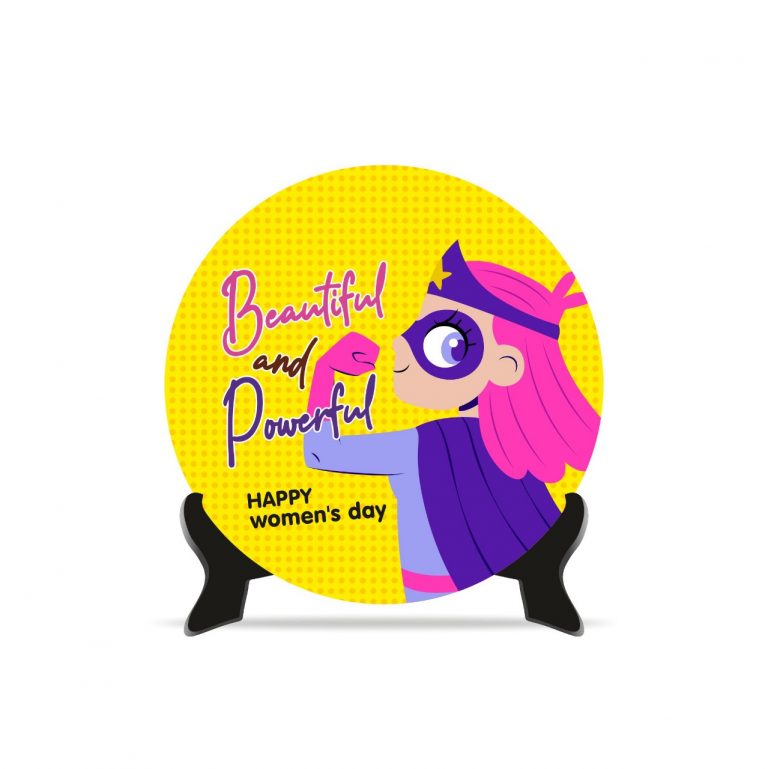Our team spoke to Meenakshi Lokare, VP- People at Lokal Kitchen, a food-tech company focused on marketing, selling, and delivering home-cooked meals to households and offices. In this interview, Meenakshi speaks about managing people in a startup.
Tell us in brief about Lokal Kitchen, the idea behind setting this company up?
- So the idea stemmed from multiple considerations:
- Restaurants are having a hard time standing tall in the face of pandemic, increasing overheads, continuing on food delivery apps amongst the massive discount wars, taking a beating on margins etc.
- There is a huge pool of untapped talent in self-taught and professional chefs (especially homemakers) who do not have access to a platform that could help them jumpstart their business and showcase their art and love for making good food.
- People do care about who makes their food and where it comes from and how much they are willing to pay for it.
These were some of the preliminary thoughts that sowed the ideology of starting Lokal Kitchen.
What role does the HR team play in setting up your brand? Why Do you think start-up companies need to invest in innovative HR strategies?
In a start-up setting like ours, people wear multiple hats and are expected to mould their talents to fit the role they want to play. Our job as a HR team is to ensure we prepare our teams to tune into the mindset of playing different roles confidently by constantly acquiring and testing out new skills in the real world and course correcting where needed. As Lokal Kitchen grows, we hope that this talent will be our brand ambassadors, fuel the leadership pipeline and shape the culture.
HR strategies will have to get more innovative but also more agile given the times we are experiencing. The fact that employees now can work from anywhere will force organizations to think innovatively about how will they provide for benefits, career progression opportunities, keep morale high, structure teams etc. These are some areas where deviance from “in-office” practices will be seen in the near future.
The crisis has brought in many new trends in terms of how and where work gets done. What trends do you think will have significant implications for Lokal Kitchen in the long run?
Lokal Kitchen started during the pandemic, so “work from anywhere, lead everywhere” has always been our normal. We expect this to evolve to a more hybrid form of work that will continue to provide notable benefits to employees in areas of work life integration, productivity, making time for learning etc. This will help us attract and retain great talent in the long run. However, some of the other trends such as managing rewards, delivering feedback, new meeting rhythms etc are areas where we continue to try and test new strategies as these areas will impact how we align people and business vectors in the long run.
Hybrid work might present a risk to high-performing cultures. Which features of high-performing cultures are likely to be stressed by the hybrid model?
Related Posts
- HR Strategies for a Multi-Generational Workforce : A Conversation with Akhilesh Panday, Head – HR, Training & Development at Probus
- Shaping the Future of Recruitment: An Exclusive Interview with Manikanth Challa, Founder & CEO, Workruit
- Empowering Indian Artisans: How Ashnam’s Revolutionary HR Strategies Are Transforming the Handicraft Industry for Sustainable Growth
Hybrid working cultures will have to adopt a whole new mindset of viewing how work gets done. India Inc. has been attuned to having “bums in seats for long hours” model for too long and hence we expect hybrid models to risk performance. The contrary however is true, in the new future of work, self-management, learning new skills, autonomy, defining success metrics for the near term and making small wins happen every other day will create an ecosystem where people thrive. These kind of agile environments also highlight areas of underperformance fairly easily.
What have been some of the most rewarding milestones as you reflect on your work to accelerate diversity and inclusion at your workplace?
At Lokal Kitchen Thought diversity plays a big role in how things get done. Our teams are fairly small and spans even smaller. Leaders play employees and employees have to lead at every opportunity they get. Some of our team members are techies, some analysts and some chefs but we have been able to synergise to deliver to our more pressing priorities. We recently hit a goal of onboarding 100 home chefs and have a strong foothold in the area of delivering homemade food to all of Mumbai. These are areas that reflect our ability to work together on creative and tactical pursuits despite our diverse backgrounds.
In a career, what factors enabled you to be the leader you are today?
Being authentic and genuinely caring about leaving people and things better than I found them, has helped me be who I am today. The fact that I am an avid reader and learn from what I read adds and refines the leader in me every day.
In your opinion, what are the top 3 elements crucial to enable sustainable inclusion at the workplace?
- Tracking how Diversity and Inclusion Metrics are achieved
- Employee pulse
- Social & Evolutional Change
Any suggestion for people venturing into the foodtech business.
Food tech is evolving from who delivers your food to where its coming from, who makes it and how it comes to our tables and what we consume from a nutritional stand point. There are lot of points on this continuum that food tech companies can think about in terms of developing efficiencies or solving problems.










